
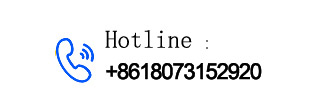
— Blogs —
—Products—
 Consumer hotline +8618073152920
Consumer hotline +8618073152920 WhatsApp:+8615367865107
Address:Room 102, District D, Houhu Industrial Park, Yuelu District, Changsha City, Hunan Province, China
Product knowledge
Time:2025-07-26 16:12:36 Popularity:1007
In today’s world, where climate change and water resource management demands are increasingly important, precise measurement of rainfall is crucial for agriculture, flood control, weather forecasting, and hydrological research. The Tipping Bucket Rainfall Sensor is a highly accurate and automated precipitation measurement device, widely used in meteorological stations, hydrological monitoring, and agricultural irrigation systems. This article will introduce the definition, working principle, features, applications, and recommended models of the Tipping Bucket Rainfall Sensor.
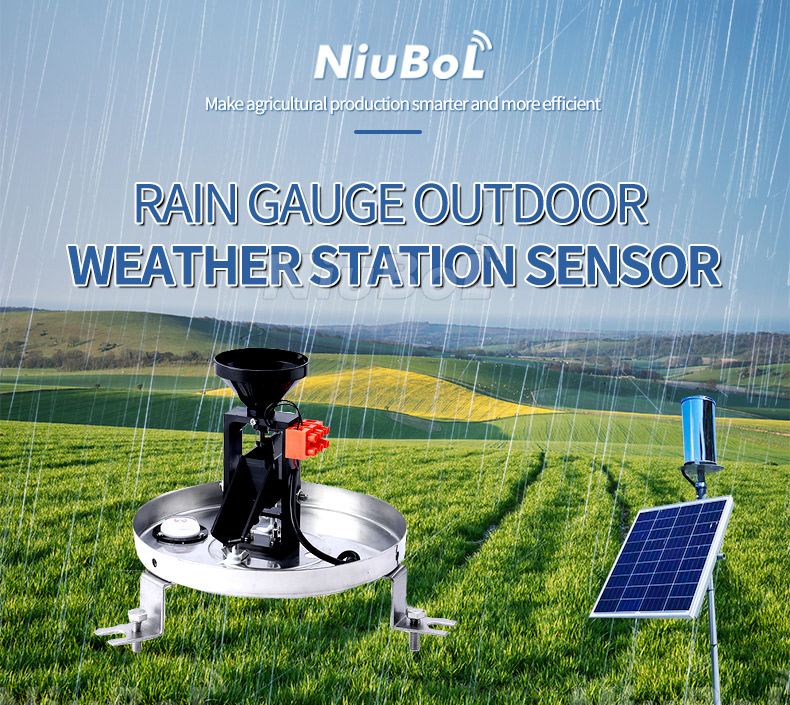
A Tipping Bucket Rainfall Sensor is a device used to measure liquid precipitation, rainfall intensity, and the start and stop times of precipitation. It uses a mechanical tipping bucket structure to collect and record the rainfall quantitatively, converting it into a measurable electrical signal, which is then transmitted to a data acquisition system or cloud platform. The sensor is usually installed in meteorological stations, hydrological stations, or outdoor automatic weather stations and complies with international standards (e.g., SL61-2003 Hydrological Automatic Monitoring System, GB11831-89 Hydrological Monitoring Devices Telemetry Rain Gauge, GB11832-89 Tipping Bucket Rain Gauge). It is suitable for flood control, water supply scheduling, meteorological monitoring, agricultural management, and reservoir water level monitoring.
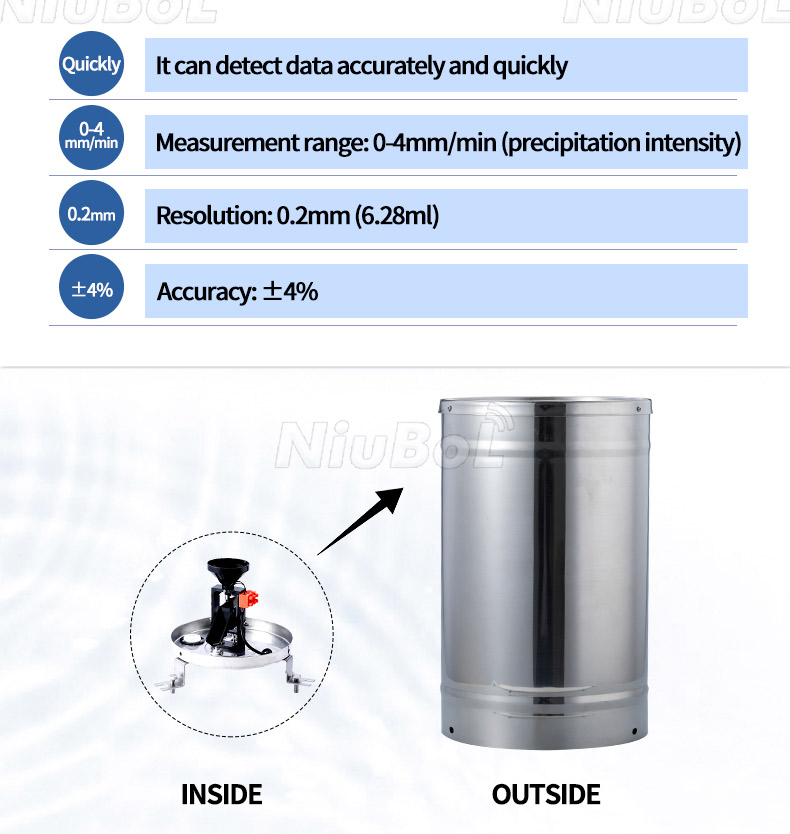
The Tipping Bucket Rainfall Sensor collects rainwater through a collector funnel (typically 200mm in diameter). The rainwater flows into the funnel and enters the tipping bucket device. The bucket can have a single or double tipping design:
- When the bucket fills (with a fixed volume, such as 0.5mm, 0.2mm, or 0.1mm of rainfall), the bucket tilts due to its weight, triggering a reed switch or other switch to generate an electrical signal.
- The data logger records each tipping action as a rainfall event, calculating the amount, intensity, and duration of the rainfall.
- Data is transmitted to the display or cloud platform via RS485, 4-20mA, or voltage signals.
1. High Precision: Single tipping bucket resolution is 0.2mm, double tipping bucket resolution is 0.1mm, with an accuracy of ±4%.
2. Automation: No manual intervention is required; the system automatically generates reports and transmits data regularly.
3. Multiple Output Options: Supports reed switch, 0-2.5V/0-5V voltage, RS485, 4-20mA, and is compatible with various systems.
4. Durability: IP68 protection level, corrosion-resistant materials, operates in a temperature range of 0-50°C and stores from -40°C to 80°C.
5. Low Power Consumption: Supports 5V or 12-24V DC power supply, suitable for solar-powered outdoor applications.
6. Easy Maintenance and Calibration: Quick detection of tipping bucket accuracy by adding water.
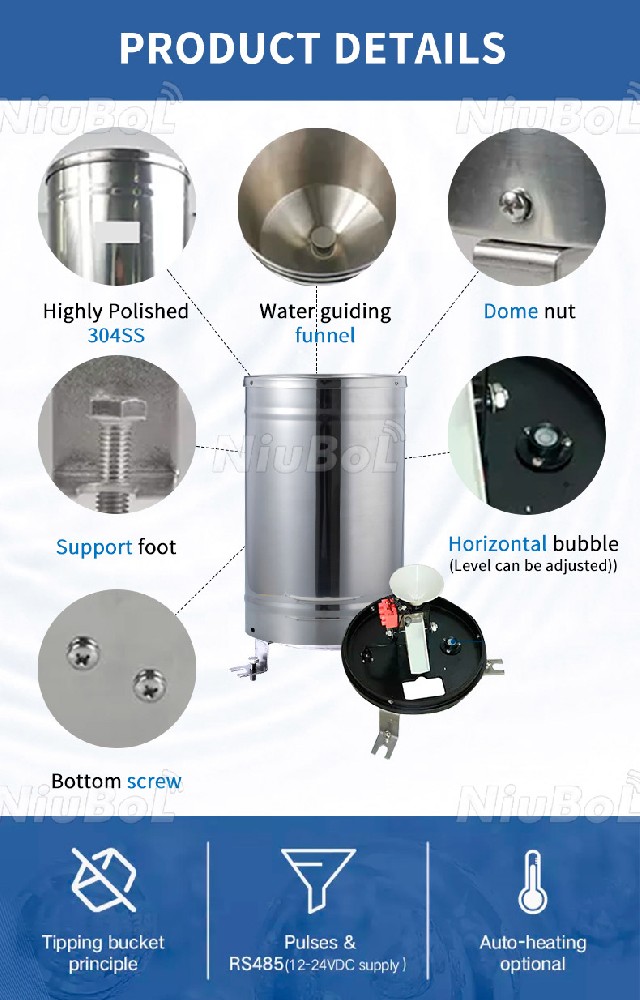
1. Rainfall Measurement: Accurately records rainfall (in millimeters), helping assess water resource availability.
2. Rainfall Intensity Analysis: Measures rainfall per unit time (e.g., mm/min), providing data for storm warnings and flood control.
3. Rainfall Duration Recording: Captures the start and end times of rainfall, supporting weather trend analysis and hydrological modeling.
4. Automated Data: Data transmission via wired or wireless methods (e.g., RS485, 4-20mA), enabling real-time data and remote monitoring.
- High Precision and Reliability: Measurement error is controlled at ±4%, making it suitable for professional meteorological and hydrological applications.
- Low Maintenance Costs: Simple structure, durable, and suitable for long-term outdoor operation, reducing the need for manual intervention.
- Environmental Adaptability: Stable operation in extreme temperatures (from -40°C to 80°C) and harsh weather conditions.
- Multi-field Support: Provides key data for agricultural irrigation, flood control, water management, weather forecasting, and scientific research, improving decision-making efficiency.
Due to its high precision and automation features, the Tipping Bucket Rainfall Sensor is widely applied in the following fields:
- Monitors rainfall to optimize irrigation schedules, avoiding over or under-irrigation. For example, by integrating meteorological station data, the sensor can guide drip irrigation systems, saving 20-30% of water resources.
- Provides real-time rainfall data to support river flow prediction and flood warnings. During heavy rain, the sensor can trigger flood control actions to protect downstream communities.
- Provides high-precision rainfall data to meteorological stations, improving the accuracy of local weather forecasting. Rainfall start and stop time data supports storm path analysis.
- Provides reliable data for hydrological, meteorological, and climate change studies. The portable design is suitable for field investigations, allowing students to analyze precipitation patterns.
- Monitors rainfall intensity and supports urban drainage system management and water resource planning. For example, the sensor can detect water accumulation risks during heavy rain.
Here are two recommended tipping bucket rainfall sensors suitable for meteorological stations, hydrological stations, and agricultural applications:
- Overview: A cost-effective single tipping bucket sensor that complies with SL61-2003 and GB11832-89 standards, suitable for meteorological, hydrological, and agricultural monitoring.
- Collector diameter: Φ200 ± 0.6mm
- Measurement range: 0-4mm/min (rainfall intensity)
- Resolution: 0.2mm (6.28ml)
- Accuracy: ±4% (static test, rain intensity 2mm/min)
- Power supply: DC 5V or 12-24V
- Output: Reed switch, 0-2.5V/0-5V voltage, RS485, 4-20mA
- Operating temperature: 0-50°C
- Storage temperature: -40°C to 80°C
- Cable length: 5 meters (standard)
- Simple structure, low maintenance cost.
- Multiple output options, compatible with various data collection systems.
- IP68 protection, suitable for long-term outdoor operation.
- Applications: Ideal for small meteorological stations, agricultural irrigation, and automated hydrological monitoring systems.
- Overview: Features a double tipping bucket design for higher resolution, complying with SL61-2003 and GB11832-89 standards, suitable for high-precision measurement scenarios.
- Collector diameter: Φ200 ± 0.6mm
- Measurement range: 0-4mm/min (rainfall intensity)
- Resolution: 0.1mm (3.14ml)
- Accuracy: ±4% (static test, rain intensity 2mm/min)
- Power supply: DC 5V or 12-24V
- Output: Reed switch, 0-2.5V/0-5V voltage, RS485, 4-20mA
- Operating temperature: 0-60°C
- Storage temperature: -40°C to 80°C
- Cable length: 5 meters (standard)
- Higher resolution (0.1mm) and more stable measurement, particularly useful for high-frequency or heavy rainfall areas.
- Wider operating temperature range (0-60°C), suitable for extreme environments.
- Supports various outputs and is easy to integrate with cloud platforms or meteorological stations.
- Applications: Suitable for hydrological stations, flood control, and scientific research requiring high-precision rainfall monitoring.
To ensure proper operation of the Tipping Bucket Rainfall Sensor, follow these installation steps:
1. Choose Installation Location: Install the sensor on the ground, a custom large funnel, iron pole flange, or rooftop, ensuring the collector is free from obstacles (at least 5 meters from any obstructions, in accordance with WMO standards).
2. Level Adjustment: Use the leveling screws or triangular plates on the base to ensure the water level bubble is centered, then tighten the M8×80 expansion screws.
3. Assemble and Fix: Follow the instructions to assemble the sensor, ensuring that the collector and tipping bucket are securely connected.
4. Test Run: Open the rain bucket, cut the nylon tie on the funnel, and slowly add clean water. Observe the tipping action and check if the data logger receives the signal. Verify accuracy by adding a specific amount of water (60-70mm).
5. Precautions: Avoid disassembling the sensor and ensure there are no obstructions in the funnel during installation.
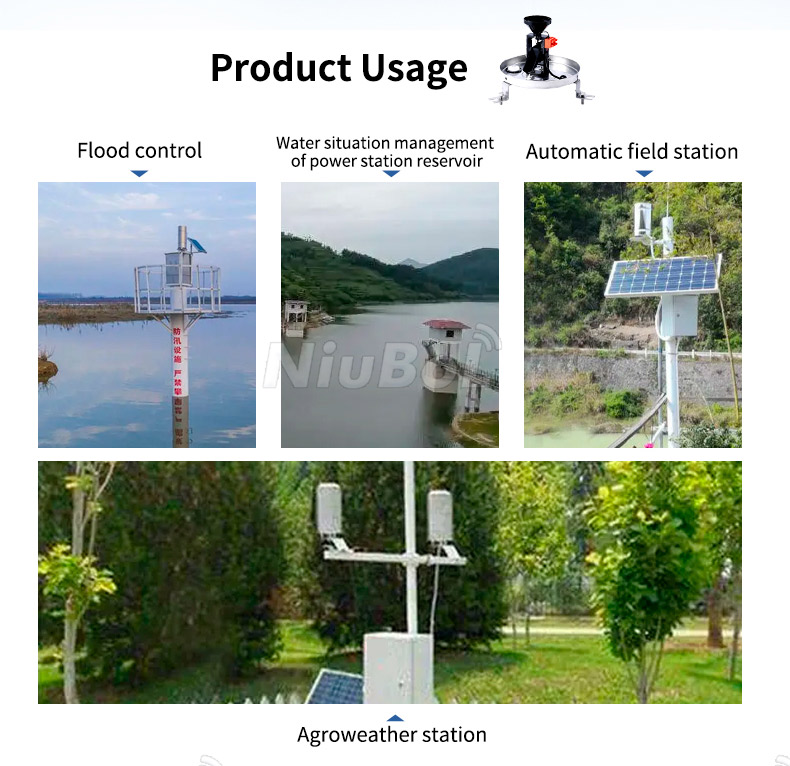
The Tipping Bucket Rainfall Sensor is an indispensable core sensor in meteorological station systems. It provides precise monitoring of rainfall and remote data transmission through a simple yet efficient structure, making it a fundamental device for modern smart meteorology, water resource management, urban drainage, hydrological research, and agricultural irrigation applications.
Whether for government agencies, research institutions, or business users, choosing the right Tipping Bucket Rainfall Sensor is an essential step in enhancing monitoring efficiency and ensuring accurate data.
The recommended NBL-W-RS single tipping bucket and NBL-W-DRS double tipping bucket sensors meet cost-effectiveness and high-precision needs, suitable for different applications. If you need more details or customized solutions, feel free to contact us.
NBL-W-ARS-Tipping-bucket-rain-gauge-instruction-manual.pdf
NBL-W-RS-Rain-sensors-instruction-manual-V4.0.pdf
NBL-W-DRS-Double-Tipping-Bucket-Rain-Sensor-Instruction-Manual.pdf
Related recommendations
Sensors & Weather Stations Catalog
Agriculture Sensors and Weather Stations Catalog-NiuBoL.pdf
Weather Stations Catalog-NiuBoL.pdf
Related products
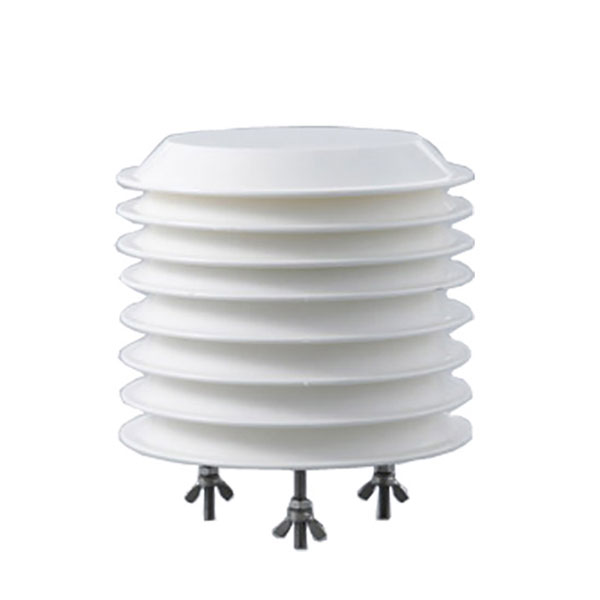 Combined air temperature and relative humidity sensor
Combined air temperature and relative humidity sensor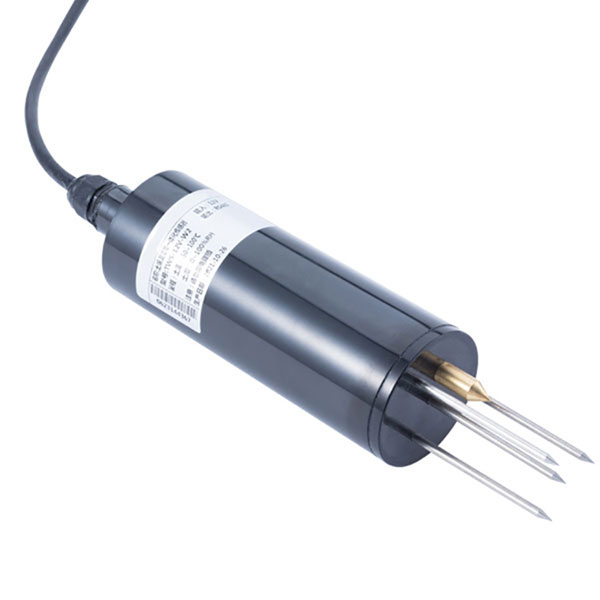 Soil Moisture Temperature sensor for irrigation
Soil Moisture Temperature sensor for irrigation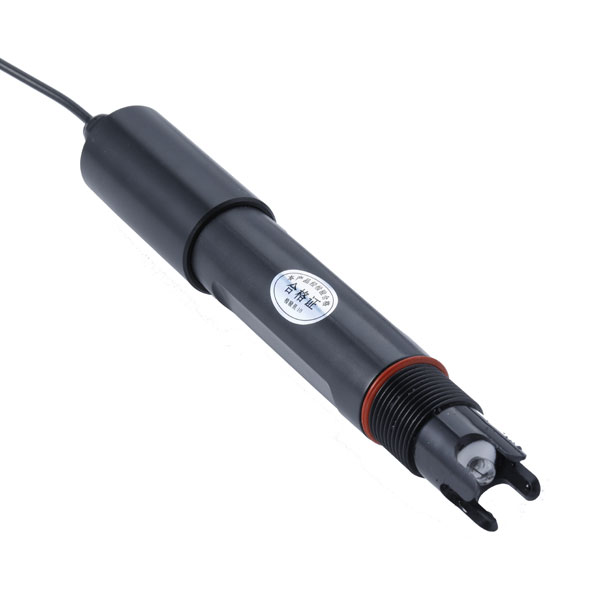 Soil pH sensor RS485 soil Testing instrument soil ph meter for agriculture
Soil pH sensor RS485 soil Testing instrument soil ph meter for agriculture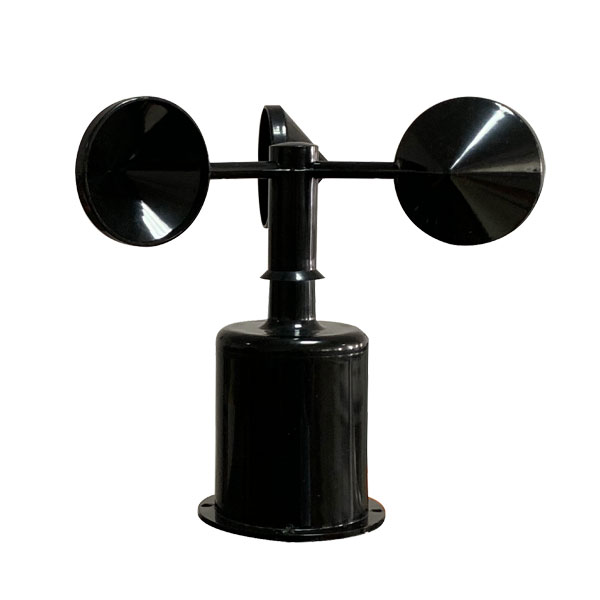 Wind Speed sensor Output Modbus/RS485/Analog/0-5V/4-20mA
Wind Speed sensor Output Modbus/RS485/Analog/0-5V/4-20mA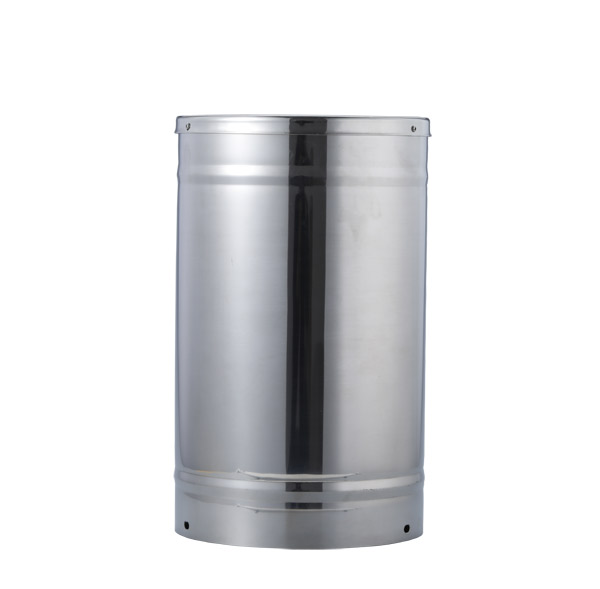 Tipping bucket rain gauge for weather monitoring auto rainfall sensor RS485/Outdoor/stainless steel
Tipping bucket rain gauge for weather monitoring auto rainfall sensor RS485/Outdoor/stainless steel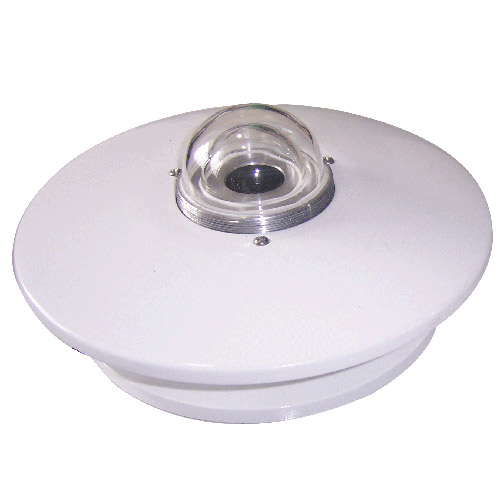 Pyranometer Solar Radiation Sensor 4-20mA/RS485
Pyranometer Solar Radiation Sensor 4-20mA/RS485
Screenshot, WhatsApp to identify the QR code
WhatsApp number:+8615367865107
(Click on WhatsApp to copy and add friends)
